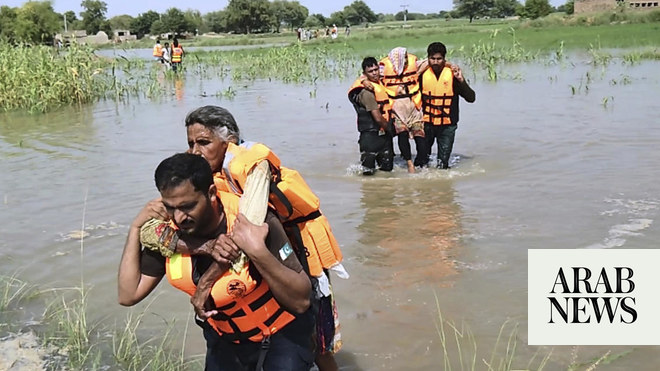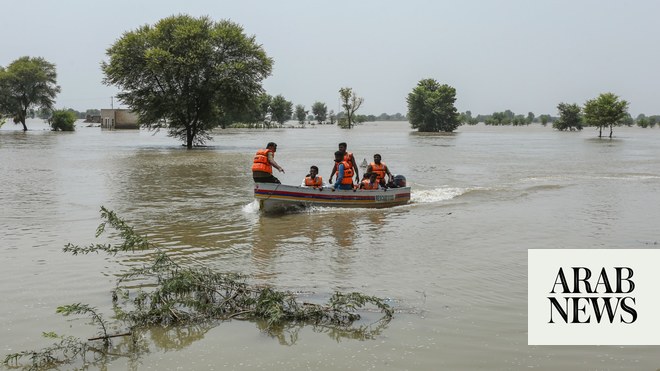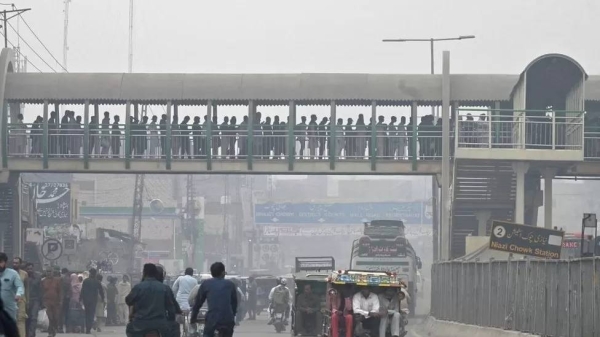
Access to parks, zoos, playgrounds, historic monuments, museums and recreational areas banned until November 17 due to poor air quality
Punjab residents have been trapped in thick smog for over a week ever since the air quality index spiked above 1,000
LAHORE, Pakistan: Pakistan’s most populated province of Punjab ordered public spaces closed in smog-hit main cities, authorities said Friday, as the country battles record air pollution.
Access to parks, zoos, playgrounds, historic monuments, museums and recreational areas will be banned until November 17 due to poor air quality, according to a local government directive seen by AFP.
The concentration of fine particulate matter (PM2.5) in Lahore’s air was more than 20 times higher than the level deemed acceptable by the World Health Organization (WHO). In Multan, it was up to 48 times higher on Friday.
Punjab residents have been trapped in thick smog for over a week ever since the air quality index (AQI), which measures a range of pollutants, spiked above 1,000 — well above the level of 300 considered ‘dangerous’ — according to data from IQAir.
Schools in some of Punjab’s major cities were ordered shut on Tuesday until November 17.
The province extended that order on Wednesday to several more cities enveloped by smog, a mix of fog and pollutants caused by low-grade diesel fumes, smoke from seasonal agricultural burning and winter cooling.
The decision follows restrictions imposed last month on four “hot spots” in Lahore that banned tuk-tuks with polluting two-stroke engines, along with restaurants that operate barbecues without filters.
Seasonal crop burn-off by farmers on the outskirts of Lahore also contributes to toxic air, which the WHO says can cause strokes, heart disease, lung cancer and respiratory diseases.
Excess pollution shortens the life expectancy of Lahore residents by an average of 7.5 years, according to the University of Chicago’s Energy Policy Institute.
According to UNICEF, nearly 600 million children in South Asia are exposed to high levels of air pollution, which is also linked to half of childhood pneumonia deaths.











